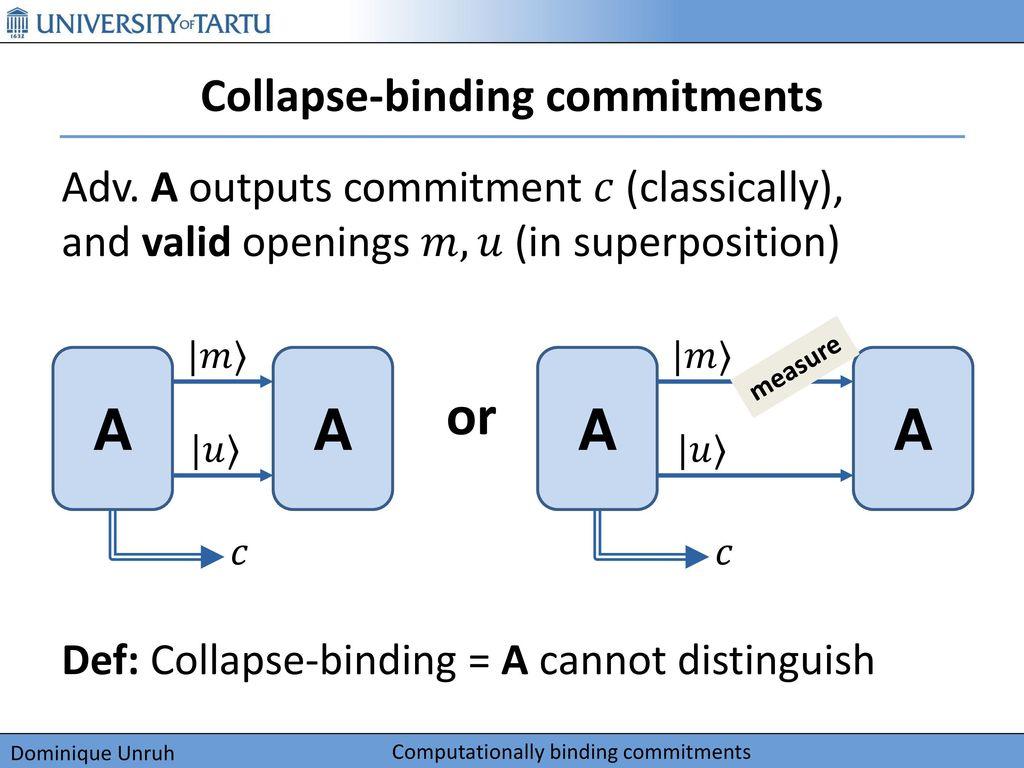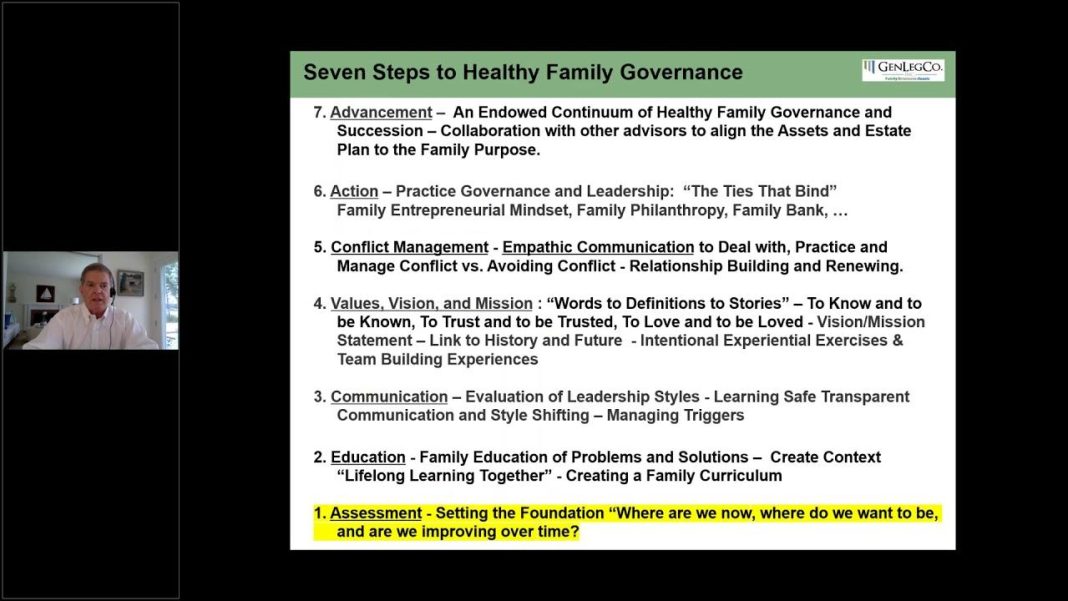In an era where the preservation of family legacy is often intertwined with wealth and influence, legally binding family mission statements have emerged as a tool for ensuring continuity across generations. These statements, crafted with the intention of guiding descendants in maintaining the values and goals of their predecessors, are becoming increasingly prevalent among affluent families. However, while they offer a structured framework for future decision-making, they also impose rigid constraints that can stifle the autonomy and adaptability of succeeding generations. This article delves into the complexities and consequences of these binding agreements, exploring how they may inadvertently limit the potential for innovation and personal growth among heirs. By analyzing the motivations behind these mission statements and their long-term implications, we aim to provide a nuanced perspective on whether they truly serve the interests of family cohesion or merely impose a generational burden.
The Legal Implications of Family Mission Statements on Heirs
Family mission statements, often crafted to encapsulate the core values and long-term visions of a family, can unintentionally impose significant legal ramifications on heirs. While these documents aim to guide future generations, they may also restrict individual autonomy by imposing strict obligations or expectations that could conflict with personal aspirations. When such statements are rendered legally binding, they risk entrenching specific values or goals that may no longer align with the evolving context or desires of descendants.
Key legal implications include:
- Enforcement Challenges: Heirs might face legal disputes if they choose to diverge from the stated mission, potentially leading to costly litigation.
- Inheritance Conditions: Some mission statements may tie inheritance to compliance with specific family values or roles, limiting the financial freedom of heirs.
- Moral and Ethical Dilemmas: Future generations may be forced to adhere to outdated principles, causing internal conflict and ethical quandaries.
In essence, while family mission statements can offer guidance, their binding nature might inadvertently hinder the ability of heirs to innovate or adapt to new circumstances, thereby stifling the natural evolution of family dynamics.

Analyzing the Impact of Binding Commitments on Future Generations
The notion of legally binding family mission statements has emerged as a modern tool for ensuring that a family’s values and objectives are preserved across generations. However, these declarations can act as both a guiding light and a restrictive force. By cementing specific principles and goals, such statements may unintentionally stifle the natural evolution of family dynamics and the individuality of future members. Families evolve, and so do societal values; hence, what was once a priority may become obsolete or even counterproductive in the face of new challenges and opportunities.
- Stifling Innovation: The imposition of static goals may hinder younger generations from pursuing new ideas and innovations that diverge from established family norms.
- Generational Tension: Rigid adherence to past values can lead to conflict between generations, especially if younger members feel disconnected from outdated priorities.
- Loss of Autonomy: Future family members might feel their personal ambitions are compromised by the need to adhere to predetermined paths.
While the intention behind these statements is often to create a lasting legacy, it is crucial to consider how such commitments might impact the freedom and adaptability necessary for future generations to thrive.

Strategies for Crafting Effective Family Mission Statements
Crafting a family mission statement is a delicate balancing act that requires both foresight and flexibility. It is essential to engage all family members in a collaborative process to ensure that the statement resonates with everyone’s values and aspirations. Incorporate diverse perspectives by holding open discussions where each member can express their vision for the family’s future. This democratic approach not only fosters unity but also ensures that the mission statement is a true reflection of the family’s collective identity.
While clarity and purpose are crucial, it’s equally important to avoid rigid declarations that could stifle future generations. Instead, aim for a framework that allows adaptability. Consider the following strategies:
- Emphasize Core Values: Identify and articulate core values that can stand the test of time, serving as guiding principles regardless of changing circumstances.
- Include Flexible Goals: Craft goals that provide direction but leave room for reinterpretation as the family grows and evolves.
- Encourage Regular Revisions: Establish a practice of reviewing and revising the mission statement periodically, allowing it to evolve alongside the family.
By focusing on these strategies, families can create a mission statement that inspires and guides without imposing constraints on future generations, allowing them to interpret and embody these values in their unique ways.

Balancing Tradition and Autonomy in Family Governance
In the ever-evolving landscape of family governance, striking a balance between honoring age-old traditions and empowering future generations with autonomy is a nuanced challenge. Family mission statements, when crafted with an intent to bind future members, can inadvertently stifle innovation and adaptability. While these statements aim to preserve a family’s core values, they often fail to account for the dynamic nature of societal change and individual aspirations. Instead of serving as a guiding light, they can become restrictive blueprints, limiting the ability of future generations to explore new paths.
- Rigid Expectations: By embedding specific goals or practices into legally binding documents, families risk imposing outdated norms on descendants.
- Stifled Creativity: Future generations may feel constrained by the inability to reinterpret or adapt the family’s mission to align with contemporary challenges.
- Loss of Individuality: A focus on maintaining uniformity can overshadow personal growth and the unique contributions of each family member.
To foster a thriving family legacy, it is crucial to draft mission statements that are inspirational rather than prescriptive, allowing for a harmonious blend of tradition and innovation. By doing so, families can ensure that their guiding principles remain relevant and empowering for generations to come.



